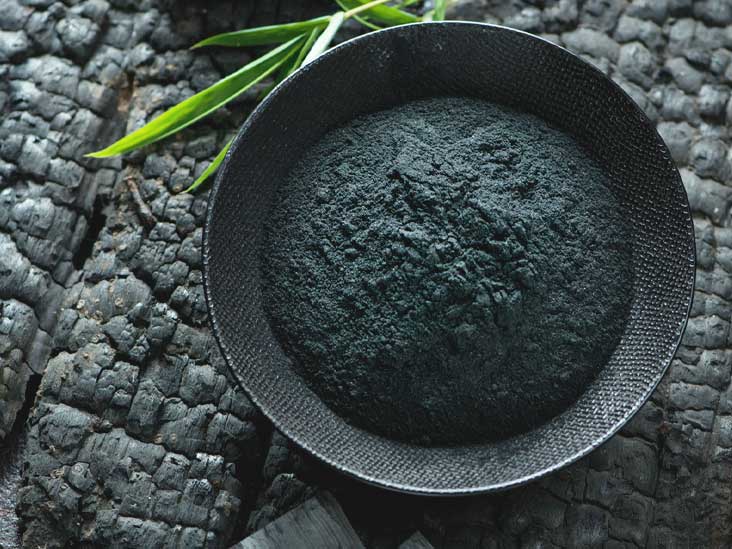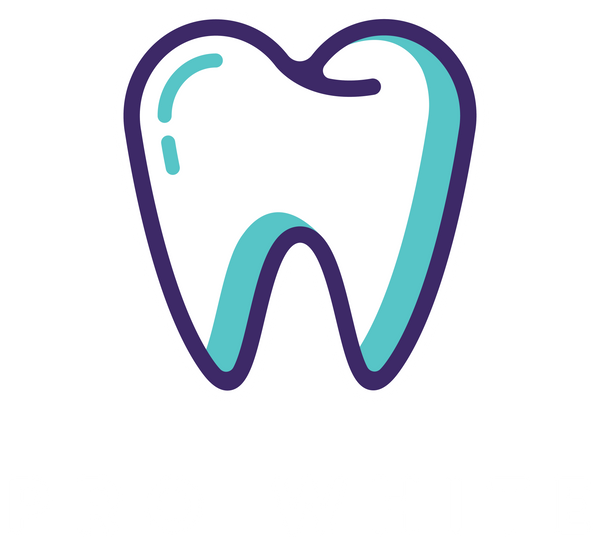What Is It?

Activated charcoal is a whitening material that's been used for centuries by dentists. In fact, many effective devices for real-world whitening use activated charcoal as one of their active ingredients. By mixing a small amount of activated charcoal with your toothbrush you can apply it to your smile at home and instantly see and feel the results on your teeth in just two minutes.
The charcoal’s porous texture has a negative electrical charge, which causes it to attract positively charged molecules, such as toxins and gases.
Activated Charcoal Historical Uses

Activated charcoal can be used in a liquid that is absorbed through the skin. When applied to a wound, it grows into a mucus-like mass that cauterizes the area. When it comes to getting rid of bad breath, itching eyes, or such typical symptoms of too much alcohol consumption, activated charcoal may well have been the most effective substance out there before modern dental times.
Activated charcoal is not approved for use as a treatment for any disease, condition, or disorder. However, it may be beneficial in temporarily relieving symptoms of such ailments as alcohol poisoning, gum disease, athlete's foot, and others without permanent affliction.
Additional Benefits

Key components of activated charcoal include insoluble minerals, amino acids, peptides, minerals, and water. The smaller particles of activated charcoal dissolve quickly in water and are quickly taken up by teeth, where they act as a powerful tooth protectant. Adding activated charcoal to your meals or drinking a glass of water each day increases the number of protective bacteria on your teeth and gums.
Shop now activated charcoal products in our everyday teeth care range

